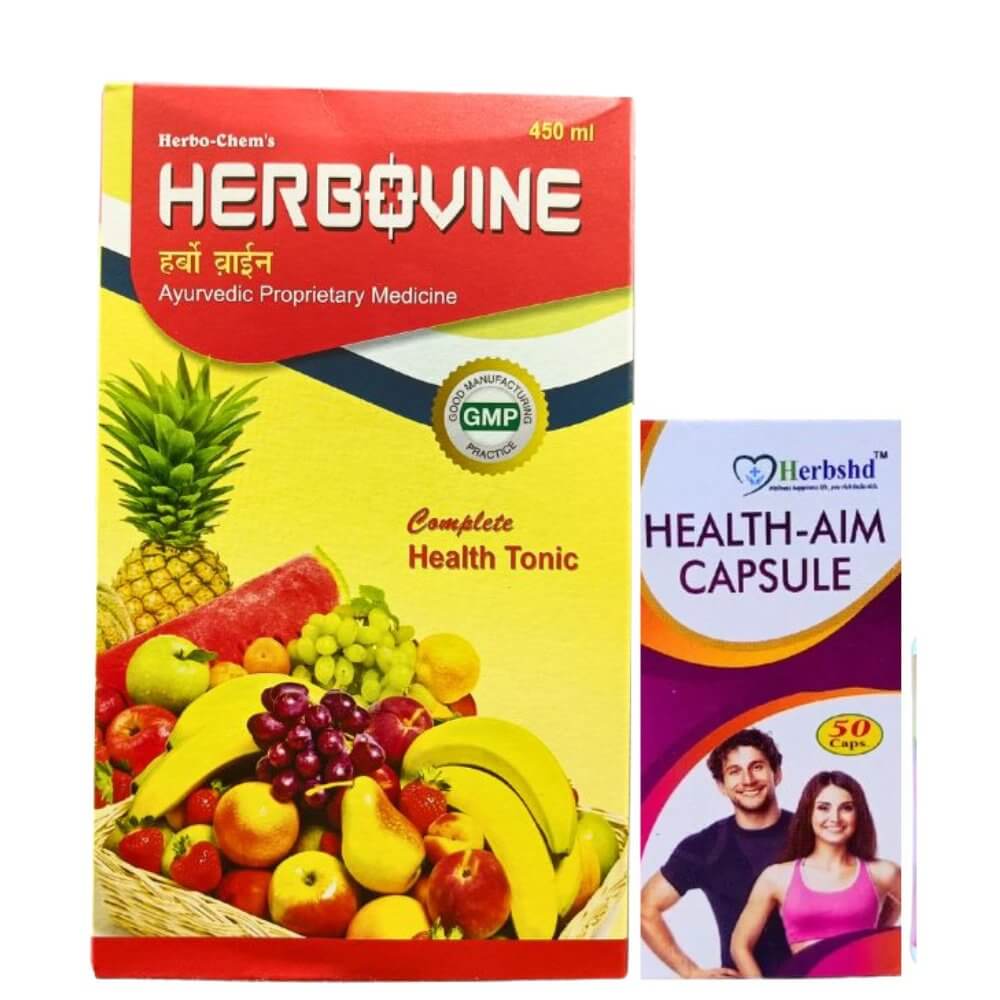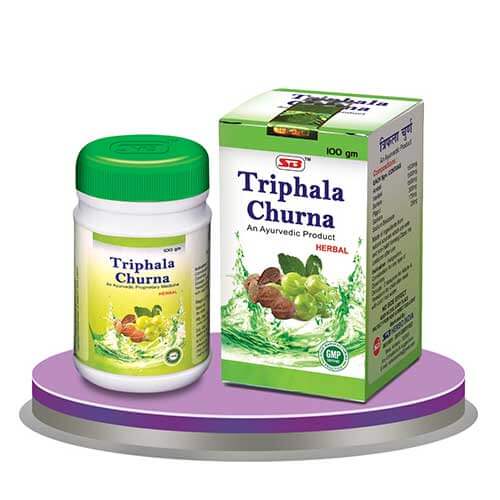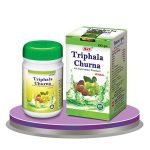Ayurveda is a traditional Indian system. It aims to preserve health and wellness by keeping the mind, body, and spirit in balance and preventing disease rather than treating it.
To do so, it employs a holistic approach that combines diet, exercise, and lifestyle changes (1Trusted Source).
Ayurvedic herbs are also an important component of this approach. They’re thought to protect your body from disease and offer a variety of health benefits, including improved digestion and mental health.
Ayurveda, an ancient holistic system of medicine, utilizes various herbs to promote health and balance in the body. Here are 10 commonly used Ayurvedic herbs:
Ashwagandha (Withania somnifera): Known for its adaptogenic properties, Ashwagandha helps the body adapt to stress and promotes overall vitality.
BENIFIT FOR ASHWAGANDHA :
Stress and Anxiety Reduction: The herb is known for its potential to reduce stress and anxiety. It may help lower cortisol levels, a associated with stress, thereby promoting a sense of calm and relaxation.
Cognitive Health: Ashwagandha has been suggested to support cognitive function, memory, and concentration. Some studies suggest that it may have neuroprotective effects that benefit brain health.
Immune Support: The herb is believed to have immune-boosting properties, helping the body defend against various infections and illnesses.
2) Turmeric (Curcuma longa): Curcumin, the active compound in turmeric, has powerful anti-inflammatory and antioxidant properties, making it beneficial for various health issues.

BENIFIT FOR TURMERIC :
Turmeric (Curcuma longa) is a bright yellow spice derived from the root of the turmeric plant. It has been used for centuries in Ayurvedic medicine for its potential health benefits. The active compound responsible for many of its medicinal properties is called curcumin. Here are some key aspects of turmeric:
Skin Health: Topical application of turmeric or the consumption of turmeric internally is believed to promote healthy skin due to its anti-inflammatory and antioxidant effects.
Brain Health: Some studies suggest that curcumin may have neuroprotective properties and could potentially help improve cognitive function and reduce the risk of neurodegenerative diseases.
Heart Health: Curcumin may have a positive impact on heart health by improving factors like cholesterol levels, blood pressure, and endothelial function
Anti-Inflammatory Properties: Curcumin, the main active compound in turmeric, is a powerful natural anti-inflammatory agent. It may help reduce inflammation in the body, which is linked to various chronic diseases.
3) Tulsi (Ocimum sanctum): Also known as Holy Basil, Tulsi is revered for its immune-boosting properties and its ability to help manage stress.

4) Triphala: A combination of three fruits (amalaki, bibhitaki, and haritaki), Triphala is used to support digestion, detoxification, and overall well-being.
5) Brahmi (Bacopa monnieri): Brahmi is often used to enhance cognitive function, improve memory, and reduce stress and anxiety.
6) Neem (Azadirachta indica): Neem has antimicrobial properties and is used for skin health, digestion, and supporting the immune system.

7) Ginger (Zingiber officinale): Ginger aids digestion, helps alleviate nausea, and has anti-inflammatory effects.

8) Guggul (Commiphora wightii): Guggul is used to support joint health, metabolism, and cholesterol balance.

9) Amla (Emblica officinalis): Also called Indian Gooseberry, Amla is rich in Vitamin C and is used to boost immunity and support overall health.

10) Shatavari (Asparagus racemosus): Particularly beneficial for women's health, Shatavari is used to, support reproductive health, and ease menopausal symptoms.











